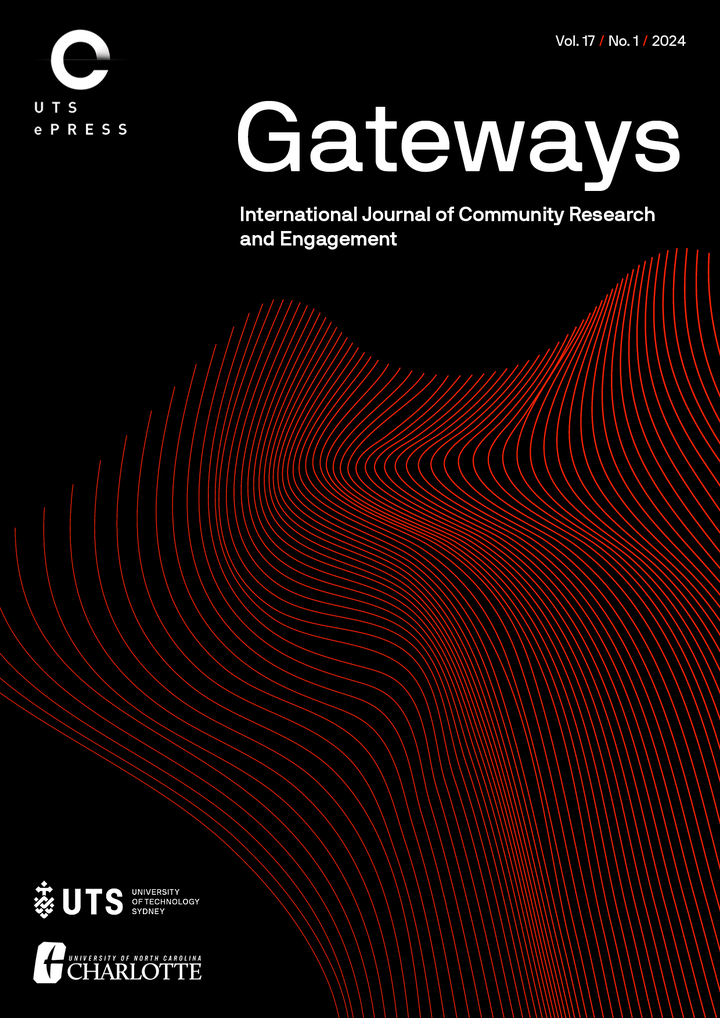Digital tools for knowledge exchange and sustainable public food procurement in community kindergartens: A case study in Słupsk, Poland

Resumen
This article presents a case study on the experimental co-creation process of a digital platform supporting Sustainable Public Food Procurement (SPFP) in public kindergartens in a medium-sized city in Poland. The organisation of SPFP requires a dedicated technological infrastructure to ensure the information flow among food producers, kindergarten employees, children and parents. To this end, a digital platform was designed to enable contact, assessment of food quality and food procurement environmental impact, and the communication of needs and problems among all the actors involved in the food procurement system for kindergartens. The article also discusses the results of the field research and the method of Urban Living Labs, highlighting the key challenges faced by those seeking to combine knowledge about food and the natural environment with public food procurement. The principal difficulties include the availability, accessibility and possible application of data on the environmental costs of food production, the individualisation of needs and motivations related to public catering in educational facilities, and the specific nature of the public sector responsible for public food procurement.